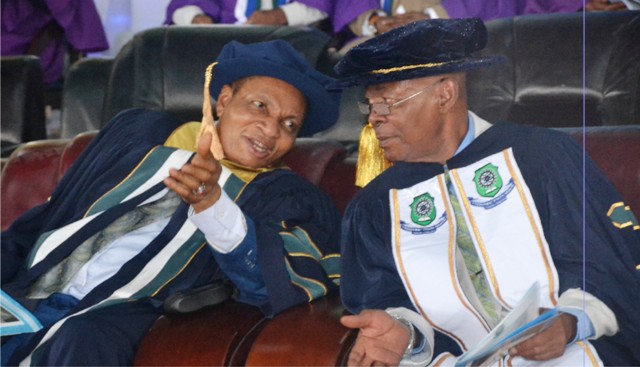Niger Delta
NGO Wants Laws To Protect IDPs In S’South

A non-governmental organisation under the aegis of Civil Society Legislative Advocacy Centre (CISLAC) has called on governors of the South South zone to make laws that will protect persons in their states who are Internally Displaced.
Executive Director for CISLAC, Auwal Ibrahim Musa made the call at the end of a media round table discussion which ended in Calabar yesterday morning.
Musa who spoke on the topic “ internal displacement in Nigeria” said that development of phenomenon of returnee migrant in the region with particular focus in Cross River State has no doubt become a source of concern to humanitarian actors operating in the region.
CISLAC, an organization that receives support from embassy of the Netherland in Nigeria is noted for fighting for the rights and privileges of persons who are internally displace either by war or natural calamity.
CISLAC’s Executive Director said that thought the organisation is not aware of any existing law in the region that makes it possible for persons concern to be adequately catered for adding that a situation where the governors wait until crises erupt in the region before they begin to run helter-skelter looking for where to lay their hands to salvage the situation was not a welcome development.
He called for the leadership of the various state houses of assemblies in the region to come up with a law if there was none in their state to ensure that people internally displaced are taken care of before they constitute a problem to the society.
“Agreed that bags of rice, cartons of indomies, kilos of sugar, packets of toilet tissues were at regular intervals distributed to the IDPs, what happens after the receipt of these items, when the persons concerned are allowed to be on their own. Are those items sustainable? No! The items cannot sustain them and their families.
He urged the South South governors not to wait until there is outbreak of IDPs before they begin to look for “where to scratch” to solve the problem suggesting for workability of a solution before problem crops up.
“While the state still plays host to internally displaced persons(IDPs) that emanated from the ruling of the International Court of Justice(ICJ) which ceded the Bakassi region to Cameroun, other conflict and environmentally induced displacement cases have further exacerbated the need for a multi-pronged approach for protection and assistance to persons of concern in the region,” CISLAC executive director stressed.
The NGO called for the collaboration of stakeholders to generate a policy frame work that can help humanitarian actors in the region provide assistance to the IDPs.
The executive director asked, “As state governors, what have you done in terms of legislation to address all the humanitarian crises concerns to tackle humanitarian crises”?
According to him, states still lack policies that take care of humanitarian crises which arises as a result of IDPs stressing that unless that is done states will still continue to fail in its responsibilities of tackling humanitarian crises in states.
He said, “Something has to be put in black and white to tackle the IDPs’ problems before they become a security risk.” Whether they are IDPs or refugees they may make you join them when they burn down your house”
The non-governmental organisation decried state governments’ inability to do something tangibly to better the lots of the internally displaced.
In a brief interview shortly after the media chat came to an end, one of the participants, Mrs. Linda Tambe recounted her ordeal in the hands of the IDPs in one of the camps in Bakassi, saying that the IDPs almost got her beaten up if not for the security agents close to the camp who rescued her.
According to her, her friend and her had gome to one of the IDPs’s camps in Cross River State to do a little empowerment, and equip the IDPS with some skills, unknown to them that the IDP,s have now become enraged because of neglect from the society. On getting to the camps the IDPs held them hostage saying that they were tire with the ill treatment meted on them by the government and the society.
“if not for the quick inter
Niger Delta
Bayelsa’s Aircraft Makes Inaugural Flight…As Lawmakers, Oil Minister, NDDC’S MD Hail Diri

Niger Delta
Traditional Ruler Seeks End To Benin Artifacts Unauthorized Promotion

Niger Delta
PINL Mulls Synergize With NDLEA Against Drug Abuse




